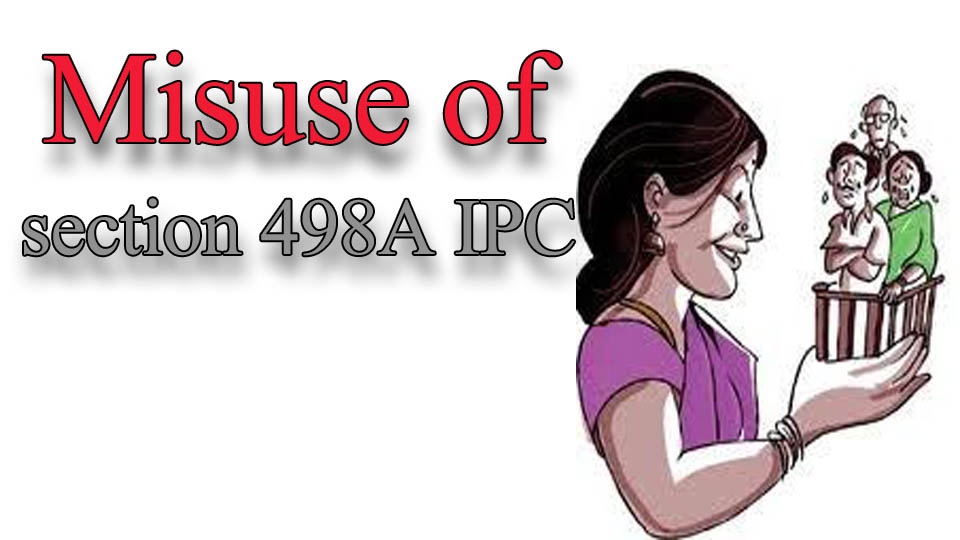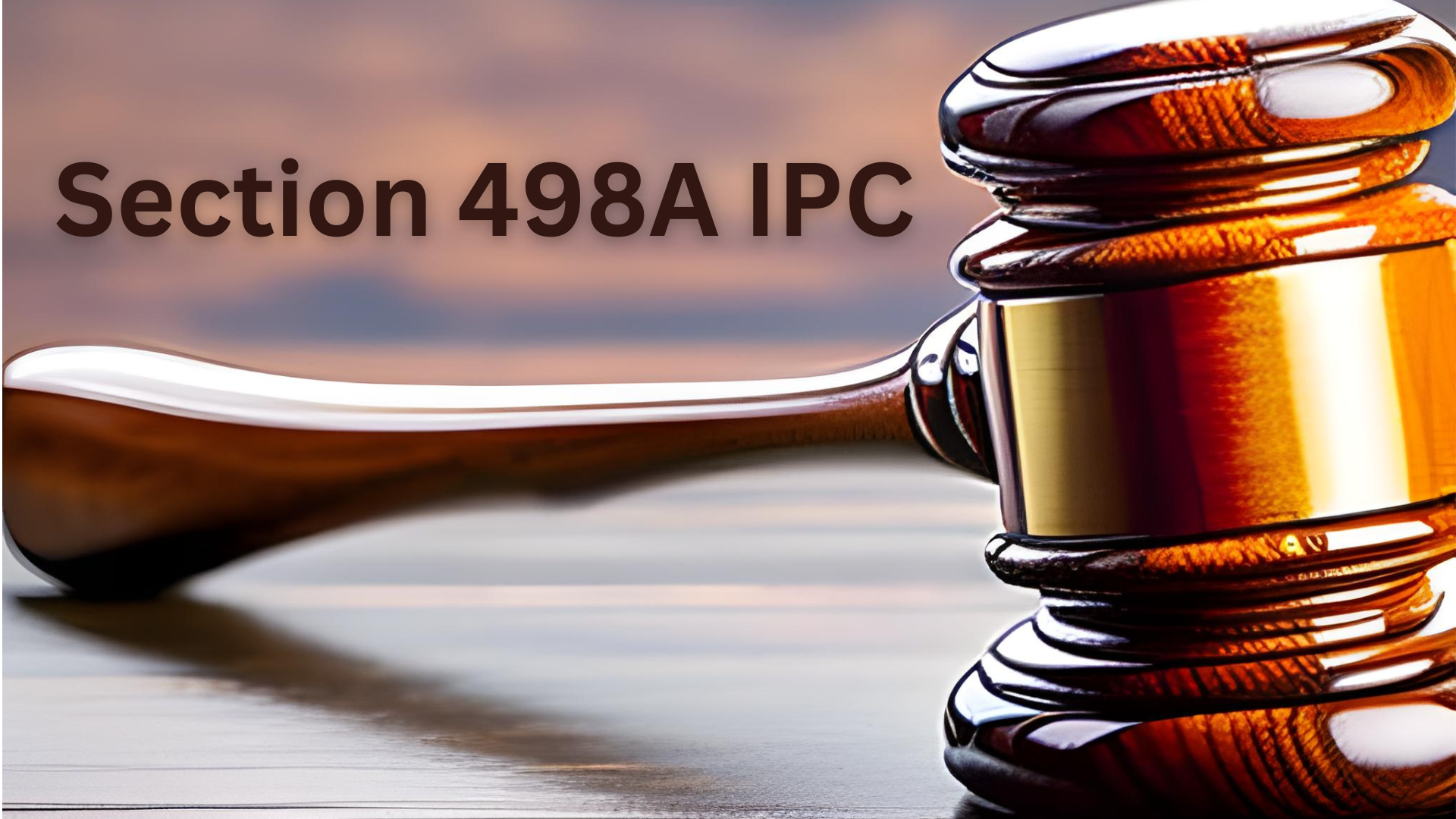Nowadays marriage between two people has their own say when it comes to searching a good life partner. The days had gone by when people used to marry wherever their parents decided to blindly. Having said that, people often fall in love or come across someone not knowing their caste and religion. The Special Marriage Act 1954, therefore, a special law enacted to provide for a unique form of marriage by registration wherein the parties to the marriage do not have to renounce their religion, beliefs, tradition & culture. This article although concentrates on the grounds on which a divorce can be filed.
The Grounds for Divorce in the Special Marriage Act operates on the following aspects:-
- Grounds for dissolution of marriage which is given to both the parties.
- Special Grounds vested upon the Wife
- Divorce by mutual consent from both the partners
Grounds for dissolution of marriage which is given to both the parties
- The petitioner can seek divorce if the respondent has committed adultery.
- The petitioner can seek divorce if the spouse is a convict and serving a prison term for seven years and above.
- The petitioner can seek divorce if the respondent deserted the petitioner for at least two years
- The petitioner can seek divorce if the respondent is unsound for a continuous period of not less than two years.
- The petitioner can seek divorce if the respondent has been suffering from a virulent and incurable disease like leprosy.
- The petitioner can seek divorce if the respondent has been suffering from communicable venereal disease.
- If the respondent has deserted the petitioner for at least two years immediately preceding the presentation of the divorce petition.
Special Grounds Vested upon Wife
A wife can also present a petition for the dissolution of her marriage on the grounds:
- when the marriage is not solemnized
- when the husband is found to be guilty of rape
- sodomy or bestiality.
Divorce by mutual consent from both the partners
It additionally gives the provisions to either of the party to approach the District Court for the dissolution of marriage under the Special Marriage Act, 1954.



